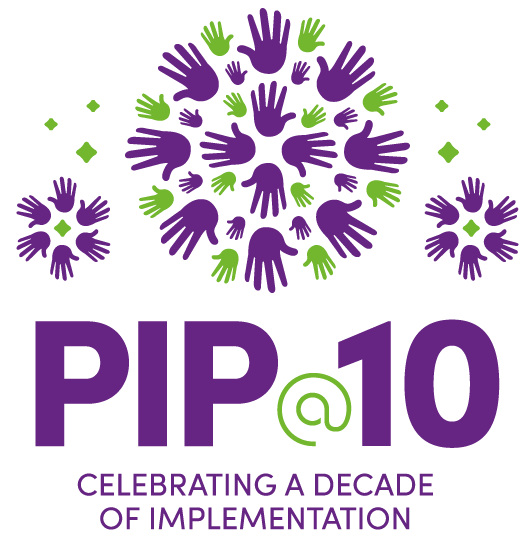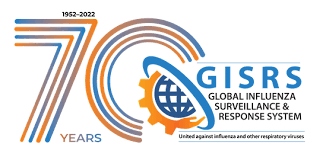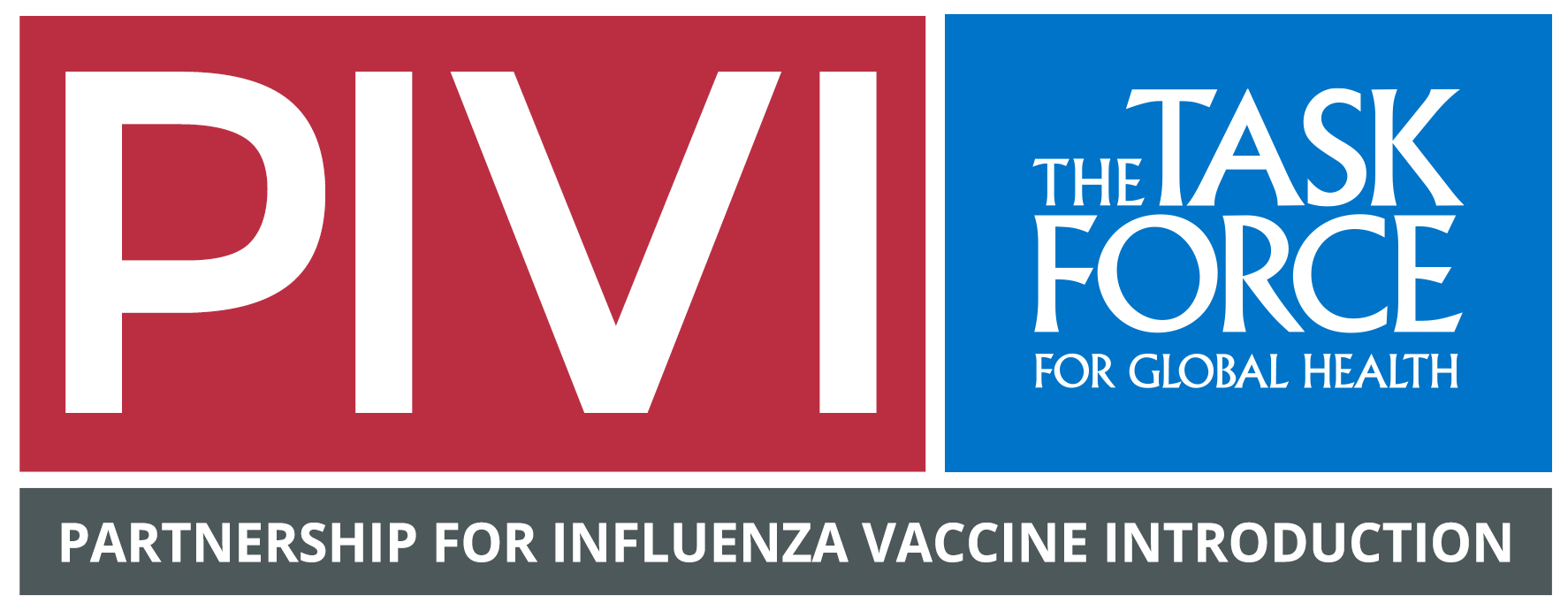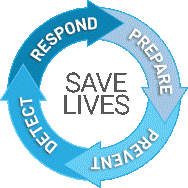Infodemic and Community Listening for Events of Respiratory Viruses Caused Epidemics/Pandemics-Learnings From COVID-19 Pandemic and New Tools
Objective:
To create awareness on the systemic strengthening of the community protection approach (Infodemic management and social listening, risk communication and community engagement, and science and knowledge translation) for seasonal influenza, pandemic influenza and other public health emergencies
Summary:
The COVID-19 pandemic, and other recent public health emergencies of international concern have shown that communities are at the heart of an epidemic and pandemic, and how communities act and respond influence the path of an outbreak. In addition to this, the pandemic has given rise to an “Infodemic” where an excess of information makes it challenging for people to discern credible sources. Misinformation has become a serious threat to public health emergency responses, even leading to fatalities.
During the pandemic, challenges emerged that eroded trust in science, vaccines, and health service delivery, and its impact was not limited to health but extended to social, economic, and other aspects of life. As the boundary between the physical and digital worlds continues to blur, the actions of the public, healthcare workers, and decision-makers are influenced by a plethora of local and global factors. Thus, it is imperative to work in partnership with communities and consider their concerns while developing a comprehensive and systematic approach that addresses risk communication, community engagement, Infodemic management, and science and knowledge translation.
The WHO’s Health Emergency Preparedness and Response Strategy (HEPR) has outlined a framework under the banner of “Community Protection” to cater to the above-mentioned aspects [1]. Building community protection systems as part of health systems during seasonal influenza and for vaccine demand and uptake can help prepare for future pandemics.
During this capacity building session, there will be a blend of participant inputs and presentations, which will create an interactive learning experience. The session will utilize the knowledge and experiences of the participants as well as global concepts and learnings.
[1] 10 proposals to build a safer world together – Strengthening the Global Architecture for Health Emergency Preparedness, Response and Resilience: draft for consultation (who.int)
Tentative Agenda:
Time
Topic
Moderator
15.00 – 15.15
Welcome and introductions
Wasiq Khan
15.15 – 15. 45
Elements of Community Protection: Infodemic Management, risk communication and community engagement, science translation
Supriya Bezbaruah
15.45 – 16. 35
Listening and addressing community concerns: interactive session with participants to identify opportunities and challenges in the regional and country context
Ruba Kawafha
16.35 – 16.55
Systems and tools for community protection
Supriya Bezbaruah
16.55 – 17.00
Wrap up
Ruba Kawafha




